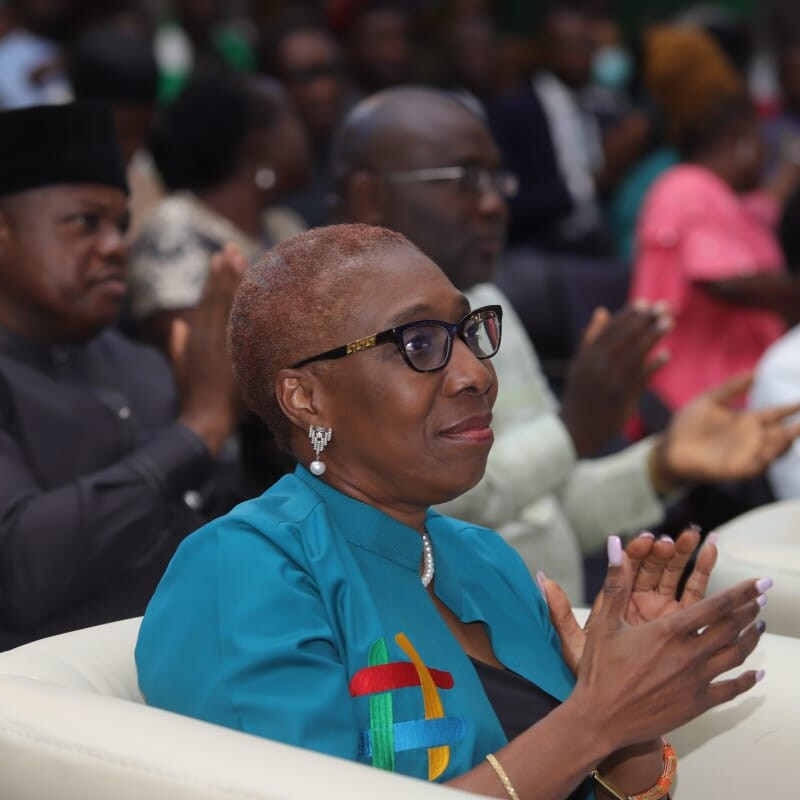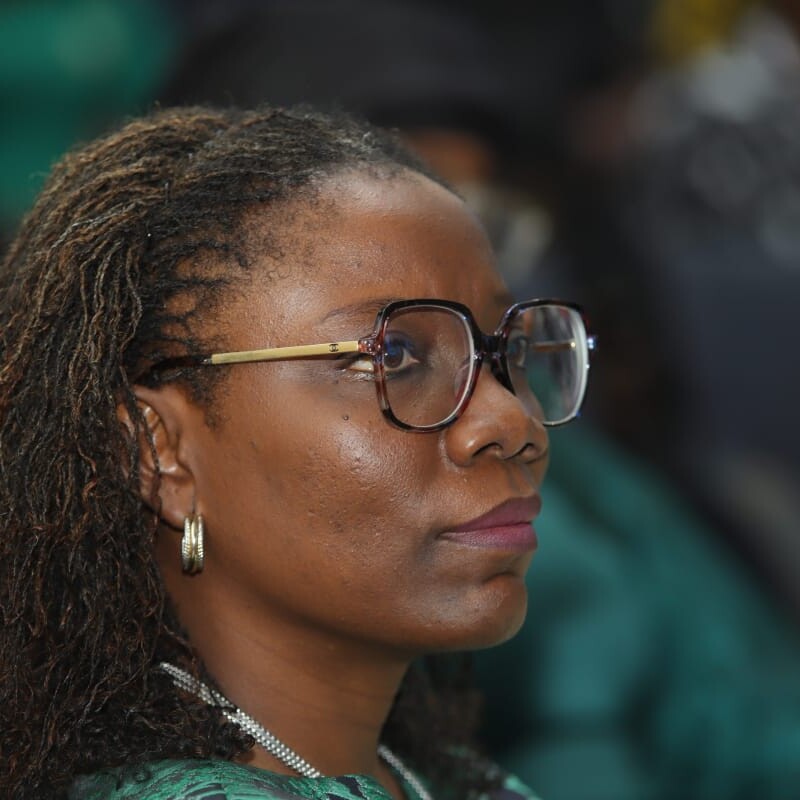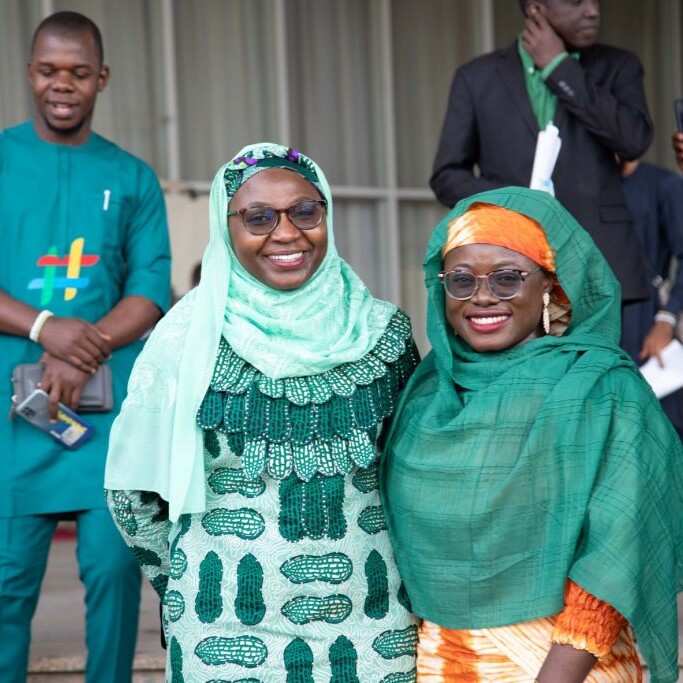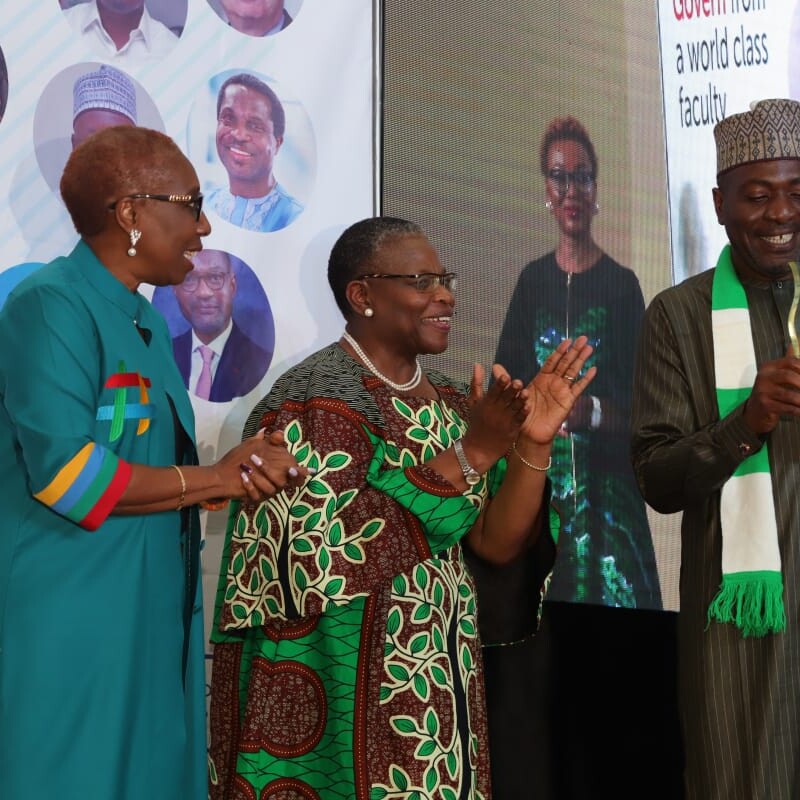Our Prospectus
A first of its kind world-class institution for shaping a new kind of public leader.
Introduction
The School of Politics, Policy and Governance (SPPG) is one of the three pillars of the #FixPolitics Initiative. The initiative emerged in recognition of the dismal performance of public leadership in Africa, reflected in the fact that despite its wealth of natural and human resources, Africa continues to lag behind other regions of the world in most objectively-measurable indicators of human and economic development. Research suggests that central to this continental underperformance is politics, specifically a culture of leadership that inherently subverts the public good by elevating personal and parochial interests above the collective wellbeing of citizens. As such, the SPPG is integral to the fulfilment of the #FixPolitics mission to elevate the Office of the Citizen to its rightful place in the nation and develop a political class of servant leaders.
In line with the unconventional SPPG’s mission to ‘build a massive base and pipeline of a new and progressively disruptive-thinking political class,’ this prospectus lays out the program, its’ structure, evaluation and assessment, teaching strategies, and policies guiding the school’s flagship Certificate in Public Leadership and Policy (CPLP) program.
Admissions Information
The Admissions Committee selects students based on interest in running for elected office, evaluation of academic achievements, professional background, quality of the personal statement in addressing specifics like contributions to society, motivation for applying to the program, plan to deploy the knowledge gained from the school and finally, the strength of the letters of recommendation.
The “Admissions Process page ” contains information on admission requirements, policies, and procedures.
Special Invitation to Female Applicants: The School of Politics, Policy and Governance (SPPG) is committed to increasing women’s participation in Nigerian politics so female applicants are highly encouraged to apply.
The entire application process is conducted online, including the submission of all required documents.

Curriculum
The Certificate in Public Leadership and Policy (CPLP) curriculum is designed to equip students with the knowledge and skills required for effective and progressive public leadership, thus addressing the problem of an existing leadership orientation that subjugates the led, rather than elevating the Office of the Citizen to its rightful place in governance. The graduates of the program are therefore expected to run for elective office and help collectively shape a new 21st-century political culture as a class of public leaders with the requisite character, competence and capacity to prioritise the public good over private benefit. Our graduates are a reform-minded political class, driven to positively transform the current inhibitive and retrogressive culture of political leadership in Africa. They will enable a critical successor generation of thinkers who will help Nigeria thrive and soar at home and globally.
The Program
The program is a ten-month curriculum of carefully selected, analytically and empirically relevant courses to solving Africa’s complex development problems. The modules cover the minimum range and threshold of knowledge that all persons seeking public office should have to improve the quality and effectiveness of government at every level in Africa, from the local to the national level. The program is foundational with a careful blend of global and Nigerian-based learning. 40% of modules will be delivered by renowned professionals with hands-on practical experience in leadership and 60% by academic experts with deep knowledge about the complex political and economic governance processes in a globalised 21st century. Currently, the program is offered virtually on the Hybrid Learning Environment (HLE). The SPPG runs an existing and well-established digital collaborative learning platform that is scalable and allows the institution to educate students wherever they are, within or across borders.


Structure
The courses aim to introduce students to the theory and practice of politics, policy and leadership with a goal towards application for the common good. The program emphasizes the comparative study of the role and constraints of political leadership in the context of contemporary society. Core subject areas include politics and leadership, the economy, working with the community, the role of gender equity, and social inclusion for effective political leadership.
Courses range from the foundations of politics to the complex implementation of evidence-based policymaking. They are designed to give a wide understanding of what it is to become a good governance political leader. In terms of its geographic scope, #FixPolitics recognises that the history of Nigeria and its ongoing journey to meaningful nationhood and effective democracy is comparable to the history of the vast majority of African countries who have similar experiences of slavery, colonialism, and the postcolonial struggle for peace, progress, and prosperity. In other words, most African nations face very similar developmental obstacles to Nigeria. Therefore, while the immediate focus of the SPPG is fixing politics in Nigeria, the school is open to students from other African countries and to learn from countries on and outside the continent. Thus, the curriculum reflects an eclectic approach in its content design while ensuring that its focus remains on the issues of leadership and governance that have necessitated its creation.
SPPG Faculties, Course Modules and Topics
Faculty: Global 90+ Activists, Captains of Industry, Creatives, Development Workers, Diplomats, Legal Luminaries, Journalists, Practitioners, Professors, and Public Servants
Themes: 7
Modules: 26
Topics: 140
Credits: 55
Seven thematic areas with Course Code:
- Politics, Ethics and Leadership (PEL)
- Political Economy and Engagement in a Democracy (PED)
- Economic and Sector Policies for Inclusive Growth and Shared Prosperity (EGP)
- Good Governance, Public Stewardship and Citizens’ Engagement (GSC)
- Trends in Public Leadership and Innovations (TPL)
- Running for Political Office (RPO)
- Capstone Community Projects (CCP)


Evaluation and Assessment
Peer-to-Peer Assessment Model: SPPG has an unconventional assessment model designed as a Group assessment. It is a Group Peer-to-Peer Evaluation model to support substantial learning and application of knowledge where classmates evaluate their peers over the entire duration of the program. This mode of assessment helps improve students’ understanding of course materials as well as improve their metacognitive skills.
Learning and Teaching Strategy
Our crucial teaching objective is premised on our vision of a Nigeria where public leadership is characterised by character, competence, and capacity and serves the common good. We seek to offer an outstanding learning experience that will equip our graduates with the necessary skills, knowledge, and awareness to further our mission of educating present and future leaders dedicated to the good of the nation and ready to serve as stewards of the well-being of all Nigerians building a massive base and pipeline of a new and disruptive-thinking political class. To achieve this, our distinctive approach to program design – the SPPG pedagogy – is underpinned by five principles, which operationalise the values of the SPPG and the #FixPolitics Initiative values of ‘FIRES of Justice’ (Fearlessness, Inclusivity, Resilience, Education, Service and Justice). Those principles are:
- Character: Key to effective leadership, especially in the challenging circumstances Nigeria and other African countries find themselves in today. SPPG seeks to offer a distinctive learning experience that will set our graduates apart in its commitment to building and demonstrating the character needed to inspire citizens and successfully implement transformational agendas in Nigeria and beyond.
- Competence: Prerequisite for effective leadership in any country, continent, and environment. A leader must know what it is that needs to be done. SPPG’s curriculum offers knowledge that will equip our graduates with the necessary information about how governance works at various levels in an increasingly complex and interconnected political and economic world.
- Capacity: When it comes to leadership, it is not enough to know what to do; one must also know how to do it. SPPG adopts a participant-centred learning approach that includes practical case-study analysis involving various regions of Nigeria to familiarise students with the country’s diverse cultural sensibilities and approaches to governance and authority. Our program also helps students develop their communication skills, especially in interaction with the less-educated masses of Nigeria. The curriculum enables students to develop the analytical, critical, and multitasking/prioritising skills often required in everyday governance. And to strengthen expertise, students work on outcome-oriented individual and group projects to deliver on the curriculum’s strategic themes.
- Compassion: Understanding that the bottom of the pyramid is the base that holds up the apex is important. Therefore, planning with and for the poor who usually subsidise the State when it fails, will be important in rethinking and reimagining Nigeria. As such, the concept of gender equity and social inclusion with a firm understanding of the dynamics of gender, geography, generation, class, and disability are important principles, which SPPG seeks to transfer to its students.
- Collaboration: Partnership and solidarity are social resources that every politically aware person requires. Working together and optimising resources can help build a critical mass that can push for change in a sustainable manner.
Policies and Procedures
For a more complete set of student policies and procedures for the SPPG, refer to the Student Handbook – Click here
Attendance Policy- Click here
Tuition Refund Policy- Click here
Requirements for Graduation- Click here
To graduate, a student must complete all the coursework for each module, along with the capstone project, and comply with the requirements for attendance and group work participation. Students must also complete all peer-to-peer evaluations with the tools made available by the Faculty in each course. Once these requirements are met, the student will be awarded the Certificate in Public Leadership and Policy (CPLP).
